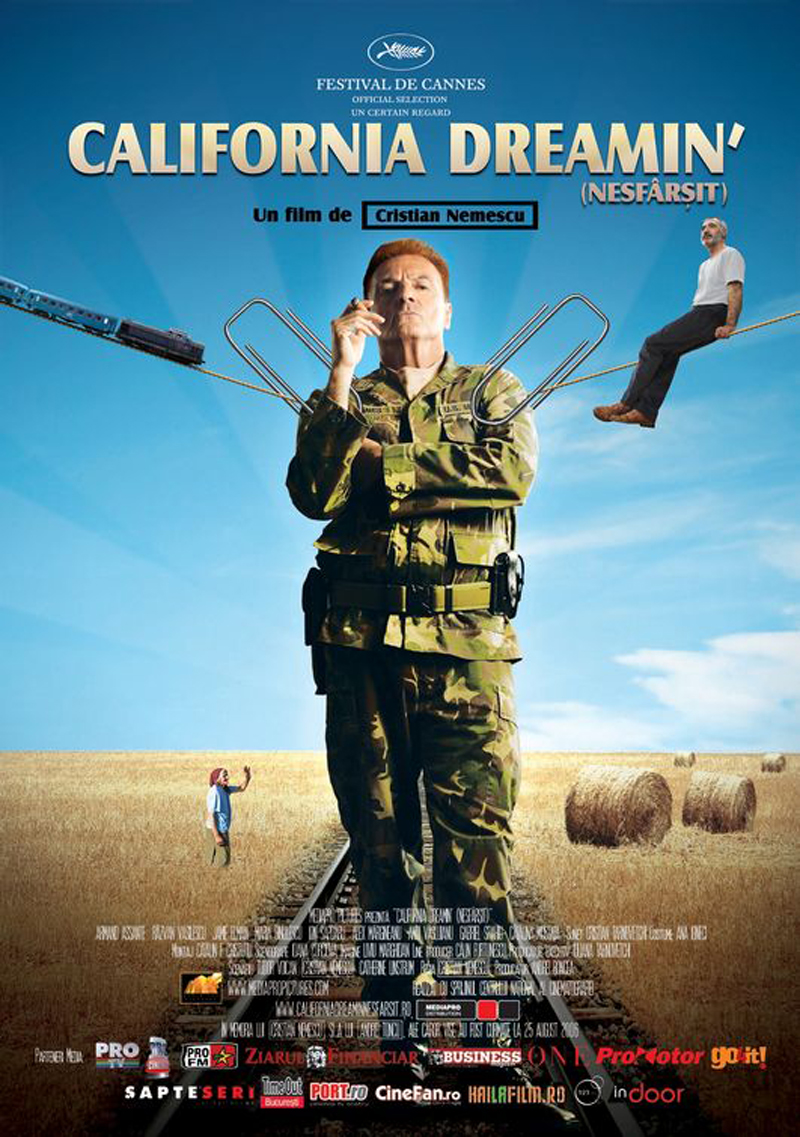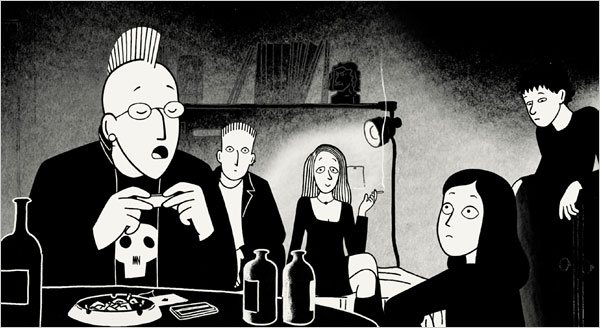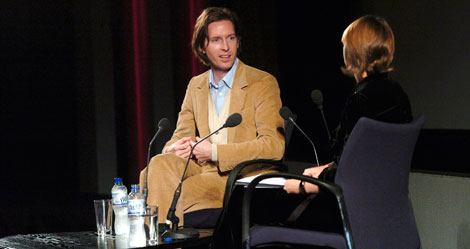Twenty-something Cahiers du Cinéma critic, Mia Hansen-Løve, makes her feature debut with All Is Forgiven – the film, which depicts the disintegration and restoration of family relationships through snapshots of everyday and past incidents.
Lounging would-be writer Victor lives in Vienna with his partner Annette and their six year old daughter Pamela. Despite being a happy and loving family, there are cracks in its make-up. Annette holds the fort, while Victor drifts through his days periodically opting out with drink and drugs. As an affectionate husband and father, yet a man disengaged with those around him, Paul Blain gives a strong performance, depicting the ordinariness of Victor’s life, in which he is only half-present. The drama moves from Vienna to a small and cold apartment in Paris, where the couple’s problems intensify. Victor slides into heroin addiction and has an affair with another user, which results in Annette taking off with Pamela. In the final scene, 11 years later, we witness Victor and Pamela tentatively trying to rebuild their relationship, with the film’s focus being shifted from father to daughter.
In the early scenes, the camera moves around with evocative naturalism, reminiscent of a home video. These moments are accompanied by a sense of claustrophobia, which sits uncomfortably in the contrast between the film’s spatial closeness to the characters and Victor’s apparent emotional distance from his wife and daughter. Hanson-Løve is most successful when capturing those details, which create everyday moments. These will later become efficient shortcuts in triggering our memory: the sound of birds, pieces of conversations, a six year old crunching on her cereal, all of which complement the film’s intimate feel and understated naturalism. The light-filled photography and talented cast prettify some of the grimier aspects of addiction and a strong feature of the film is the fact that it forgoes high drug drama in favour of the more mundane realities of addiction.
This well captured drama demonstrates the director’s refusal to offer a conventional cause and effect and this ambitious narrative structure can be found frustrating at times. How easily can we connect with scenes surrounded by little context? How far can we engage with characters about whom we are deliberately given very little information? We lack a real sense of their identities and the motives behind their actions, which the audience may find potentially alienating. Hanson-Løve’s decision to offer no clear narrative purpose could be seen as reflective of the way our memory works, where random and relatively insignificant moments are brought to our attention in a fragmentary manner…
Katy Fife
LFF Web Editor






























Comments (2)
alcohol
I have seen the film and let me tell you that this film proves once again the decadent style of our society. We need to focus on bringing back the old values into our lives. The modern society offers nothing for spiritual needs and this is a very important part of a human being, maybe the most important part.
__________________
Drug Detox
I just hope this movie will
I just hope this movie will give us few important insights on love, drugs and alcohol. I haven't seen it but I am eager to as I have a special interest in addictions. Realism is very important in this kind of movie because it's about current issues of our society. I personally think that the topic of this movie will have impact on people. I work in an alcohol rehab center as a counselor, watching it should be interesting.